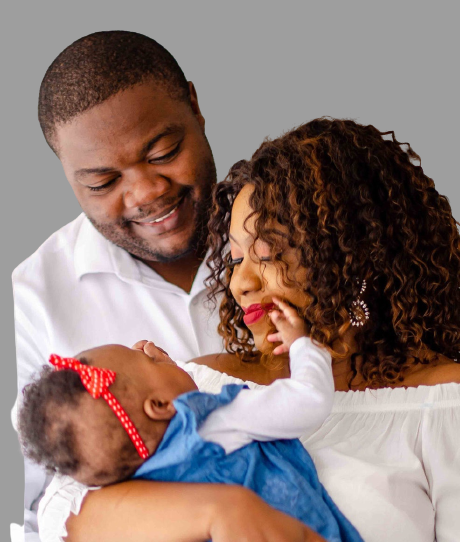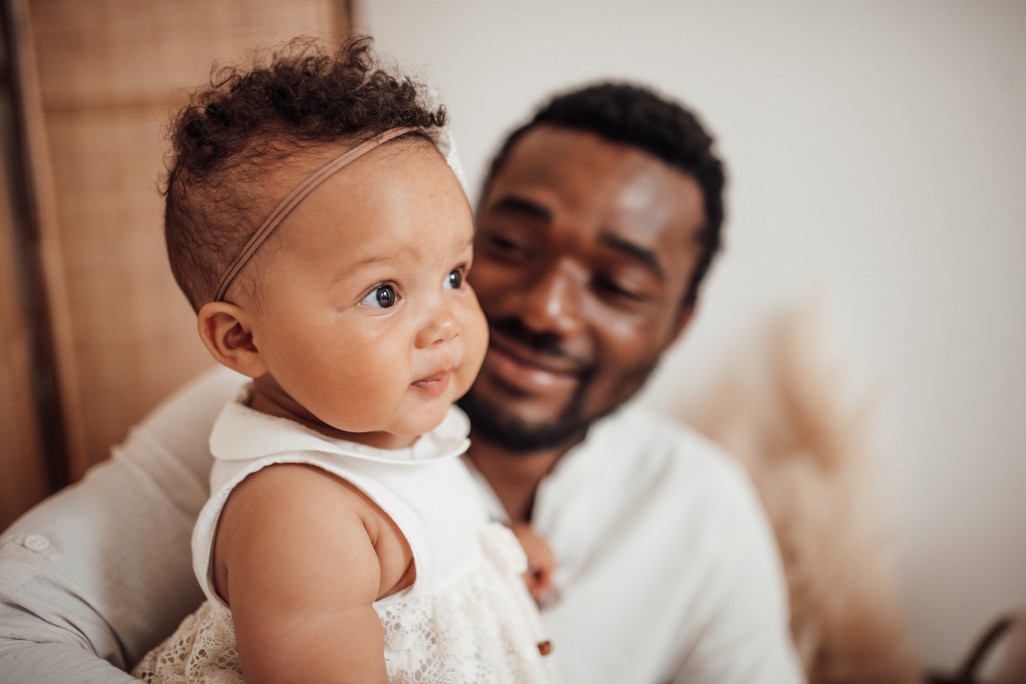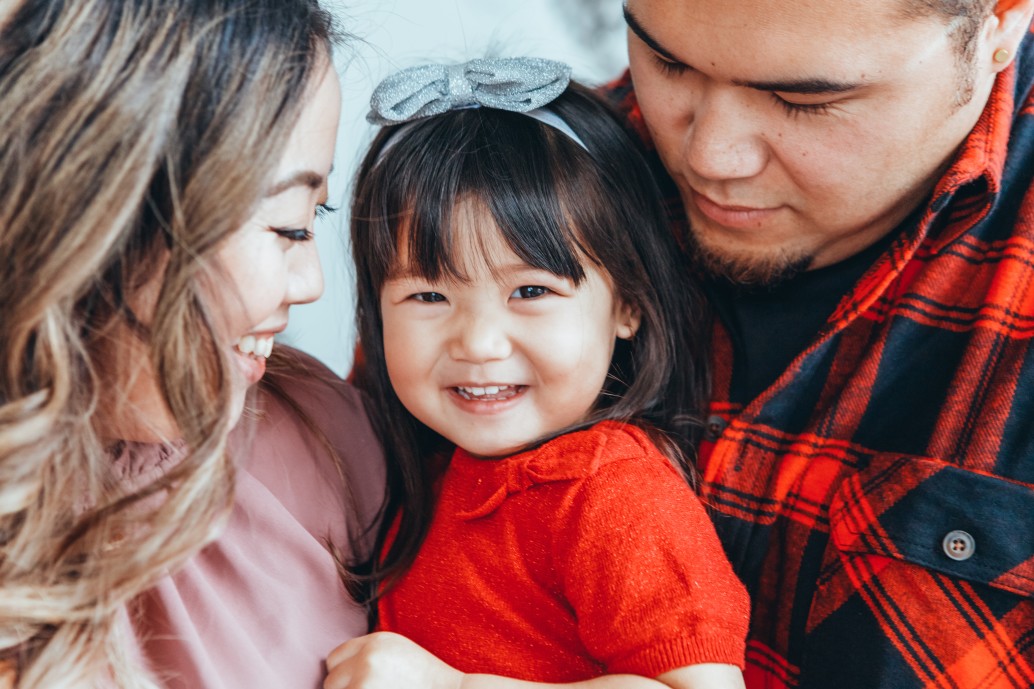 During a child’s first few years of life, they are rapidly developing communication skills. Whether by smiling, cooing and babbling, pointing and gesturing, or saying their first words, children express themselves from birth. Some families wonder whether continuous use of face masks by daycare providers, preschool teachers, and other adults may negatively affect their child’s speech and language development.
During a child’s first few years of life, they are rapidly developing communication skills. Whether by smiling, cooing and babbling, pointing and gesturing, or saying their first words, children express themselves from birth. Some families wonder whether continuous use of face masks by daycare providers, preschool teachers, and other adults may negatively affect their child’s speech and language development.
While this is a natural concern, there is no known evidence that use of face masks interferes with speech and language development or social communication. Plus, children can still get plenty of face time at home with mask-free family members.
Can mask use cause delays in speech and language development?
A key part of learning to communicate for a child is watching the faces, mouths, and expressions of the people closest to them. Babies and young children study faces intently, so the concern about solid masks covering the face is understandable. However, there are no known studies that use of a face mask negatively impacts a child’s speech and language development.
And consider this: visually impaired children develop speech and language skills at the same rate as their peers. In fact, when one sense is taken away, the others may be heightened. Young children will use other clues provided to them to understand and learn language. They will watch gestures, hear changes in tone of voice, see eyes convey emotions, and listen to words.
Tips to better communicate with children while wearing a face mask
Here are some ways that people who wear face masks can help when they interact with your child:
- get the child’s attention before talking
- face the child directly and make sure nothing is blocking the child’s view
- speak slowly and slightly louder (without shouting)
- ensure a child is using hearing aids or using other hearing devices, if they have been prescribed
- use eyes, hands, body language, and changes in tone of voice to add information to speech
- ask the child if they understood; repeat words and sentences when necessary
- reduce noise and reduce distractions
You can share these tips with your child’s day care provider, preschool, and others who regularly interact with your child while wearing masks.
Regardless of mask use, some children will take longer to reach speech and language milestones—and some may need help meeting them. Speech and language delays and disorders are common in young children, but these are highly treatable with help from a certified speech-language pathologist. If you have concerns about your child’s skills, don’t delay—seek an evaluation as early as possible. Children can be evaluated for free through their local early intervention program (no referral is necessary). After the evaluation, your child can receive free or low-cost treatment if needed. Children quality for these services based on the degree of their delay (each state has different requirements), not family income.
Excerpted from “Do Masks Delay Speech and Language Development?” from healthychildren.org. For more details, read the full article online.
Source: healthychildren.org | Do Masks Delay Speech and Language Development?, https://www.healthychildren.org/English/health-issues/conditions/COVID-19/Pages/Do-face-masks-interfere-with-language-development.aspx | Copyright © 2021 American Academy of Pediatrics and American Speech-Language-Hearing Association. Retrieved February 2022.
If you have concerns about your child, CHC Care Coordinators can arrange a free 30-minute consultation so you can explore options with an expert. We invite you to call or email us at 650.688.3625 or careteam@stage.chconline.org to set up an initial Parent Consultation appointment. CHC teletherapy services are available now.





